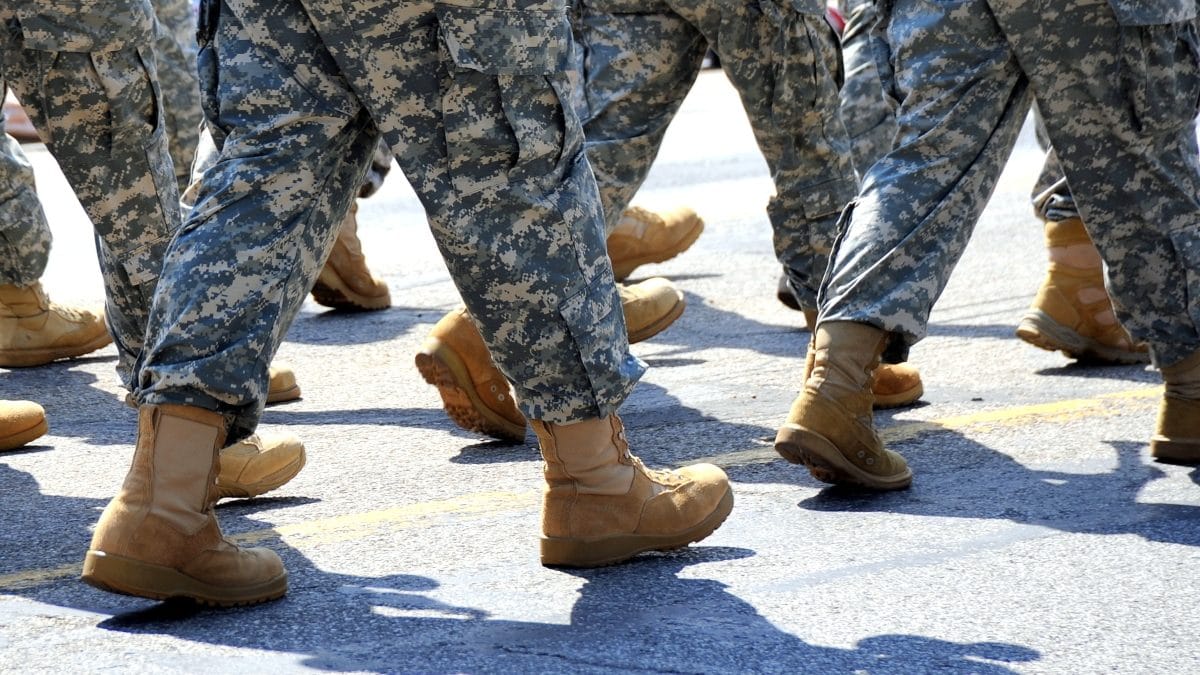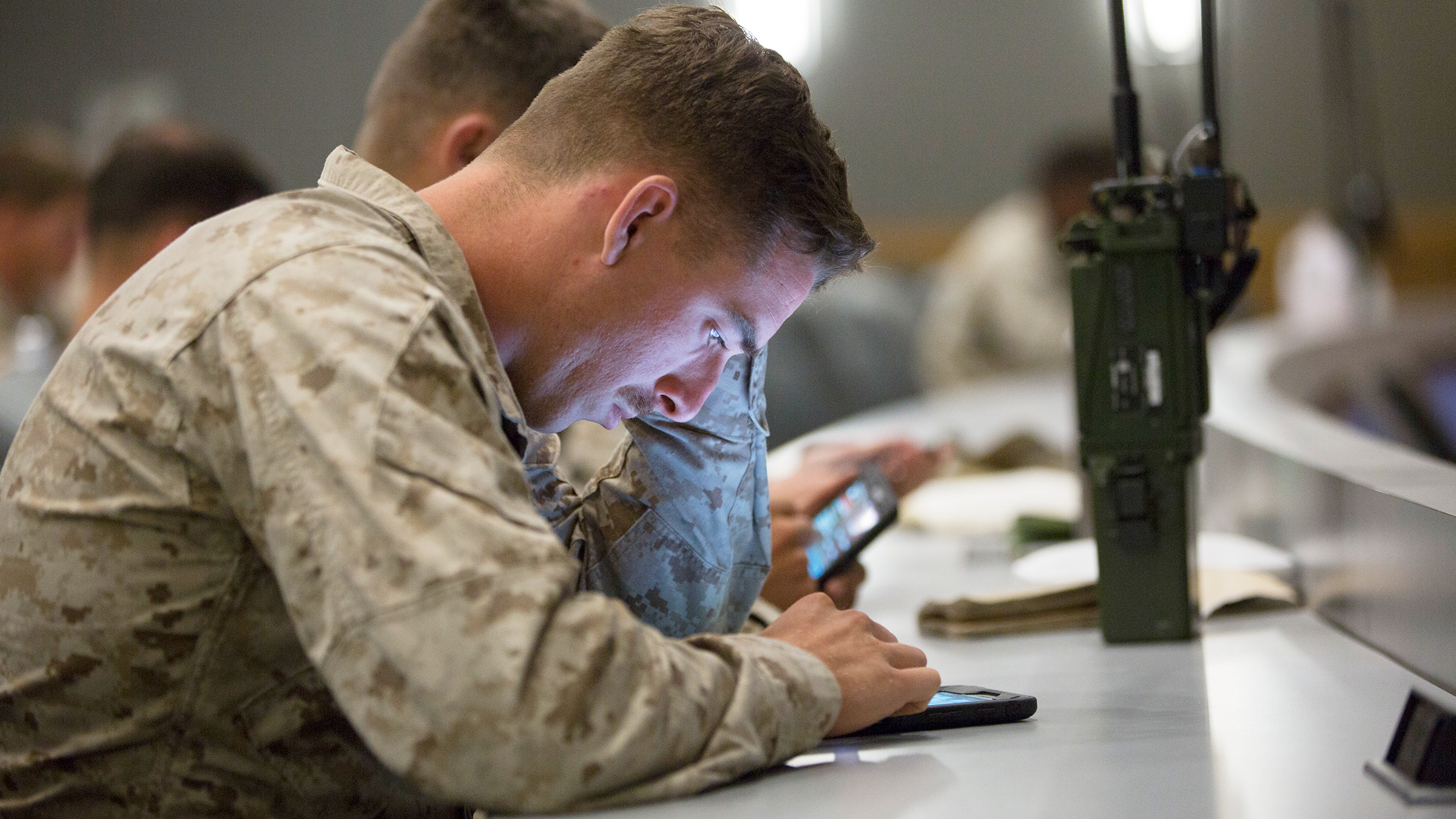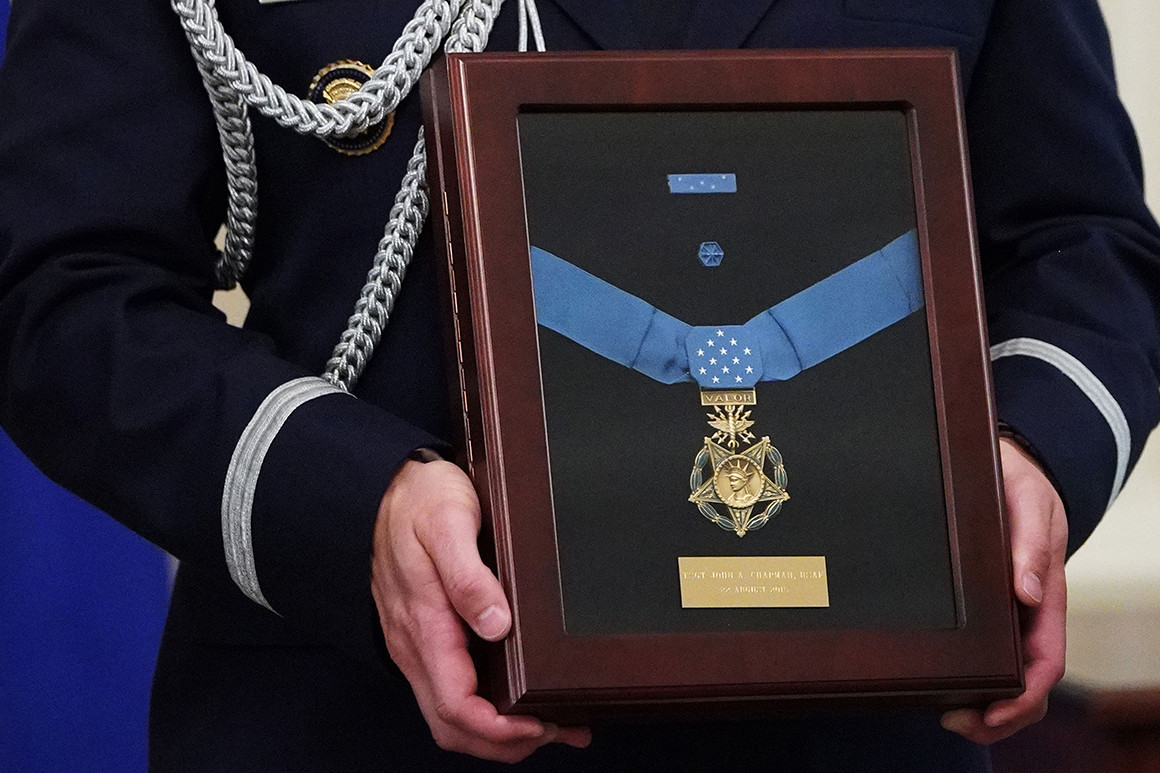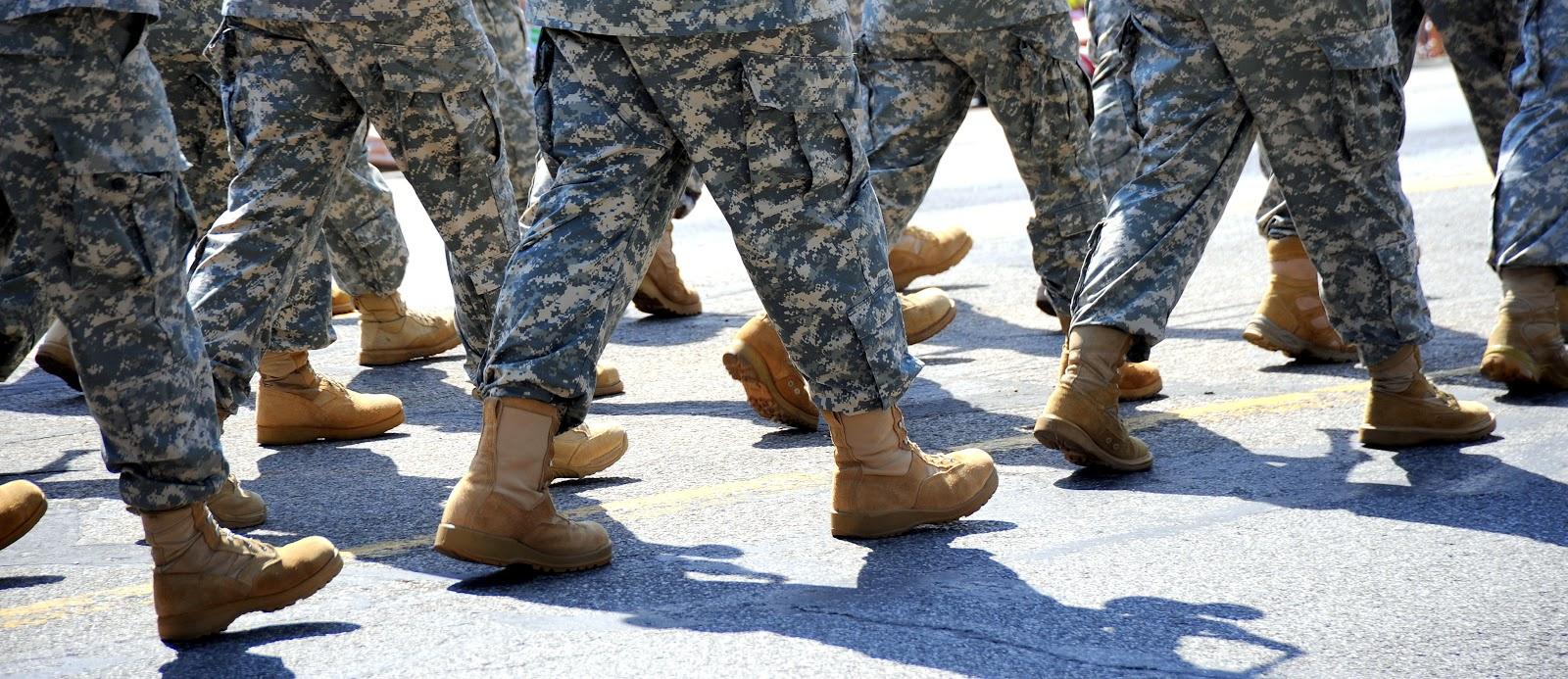
The Best Military Benefits
What are the best military benefits? The answer to that question likely depends on your focus. Those who are interested in education will have a higher priority in that area, but those who are more interested travel, living overseas, or buying a new home have different needs. In general, there are benefits that can help…







